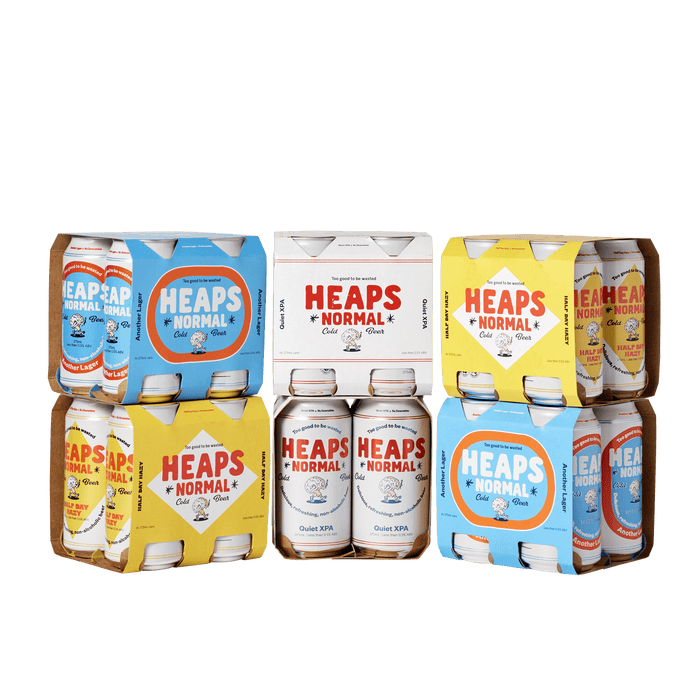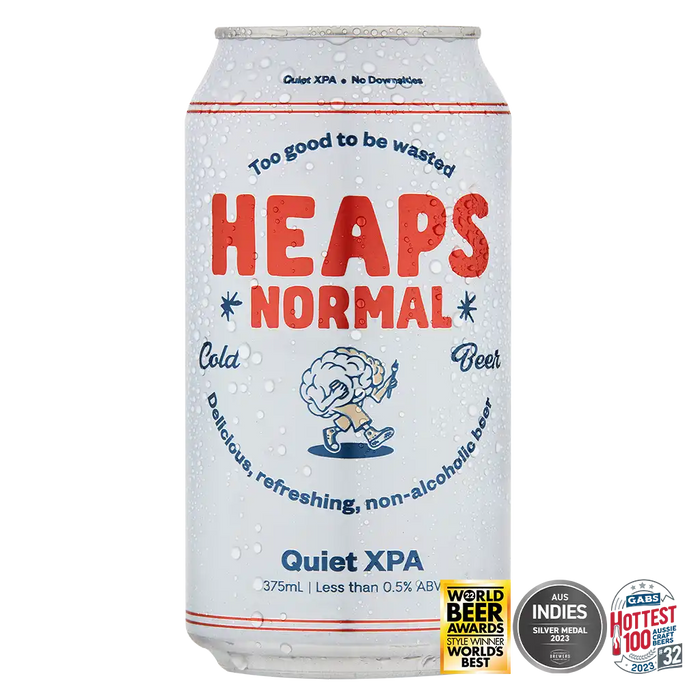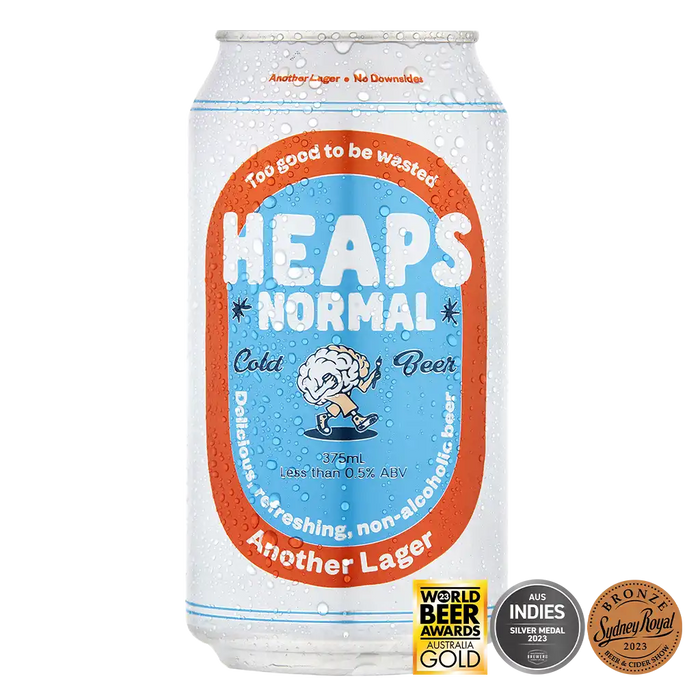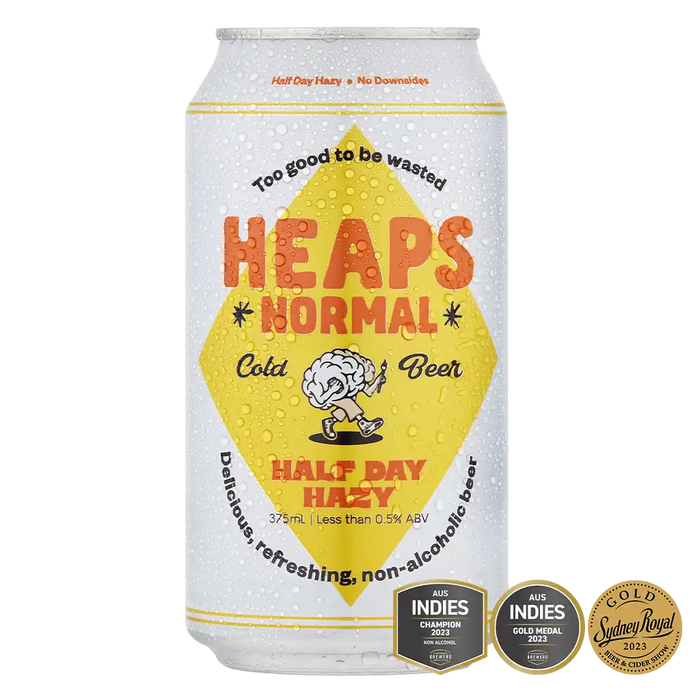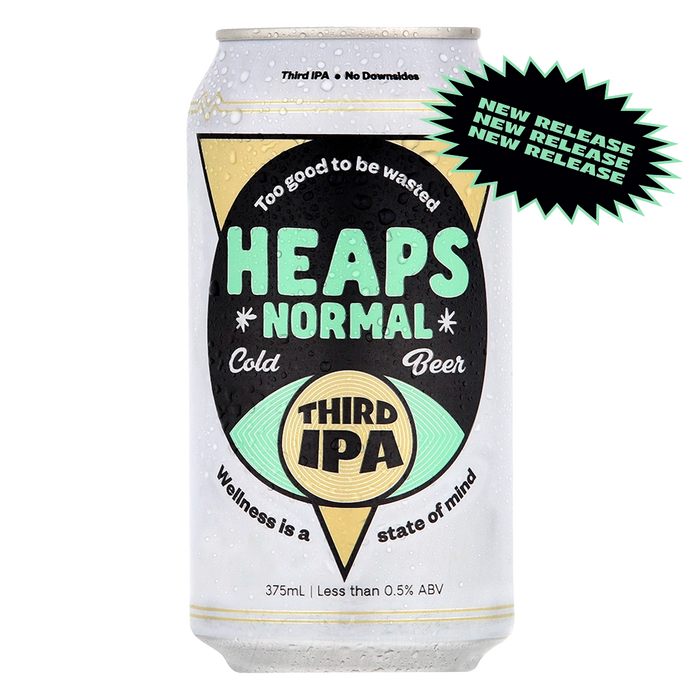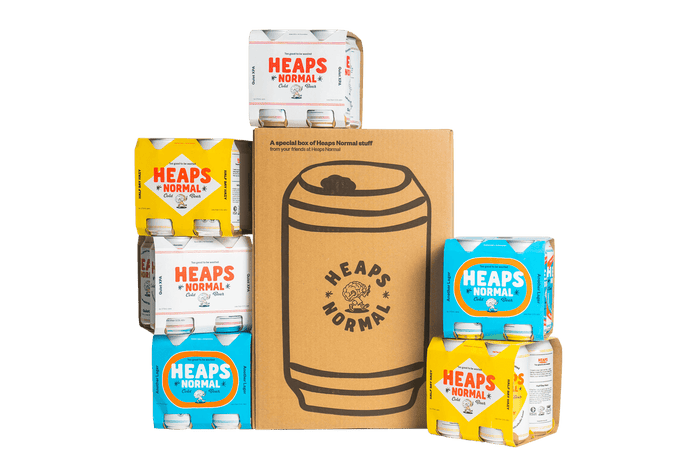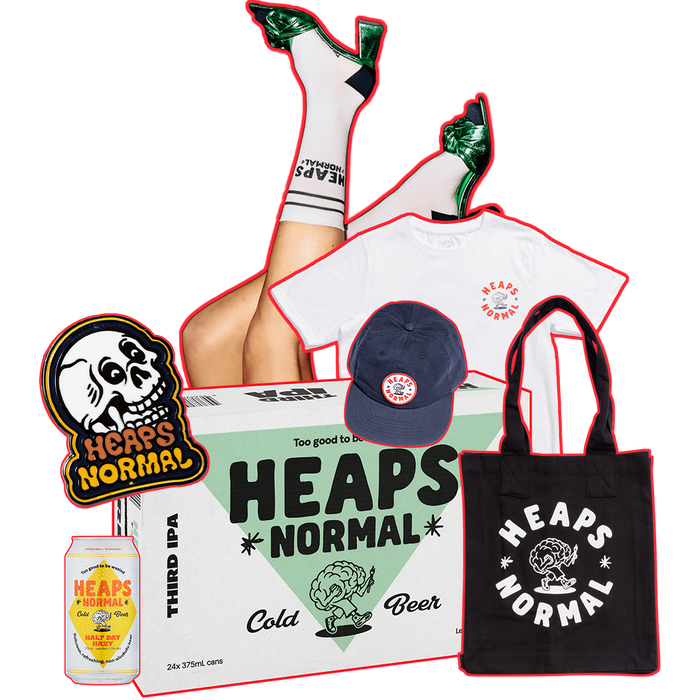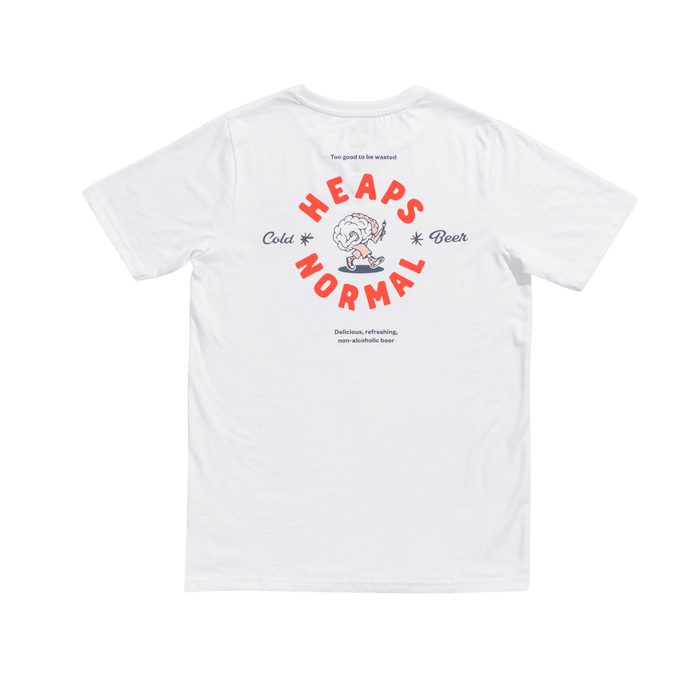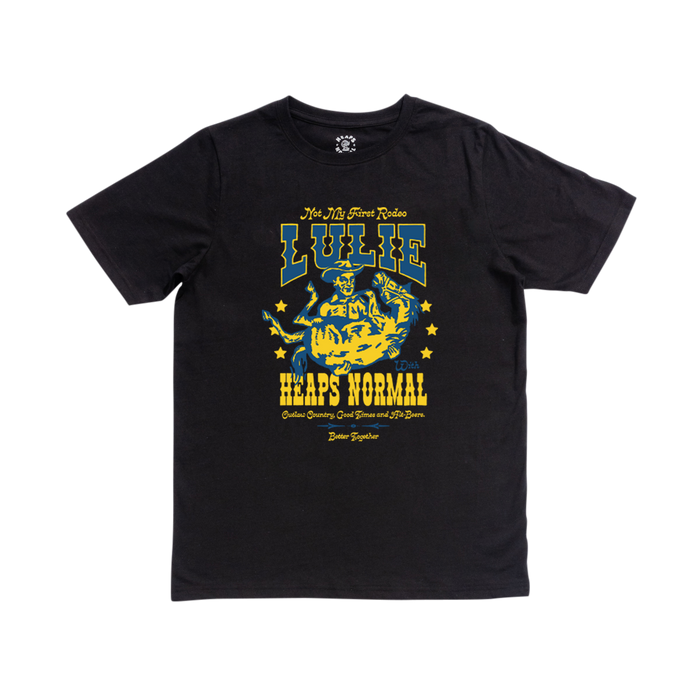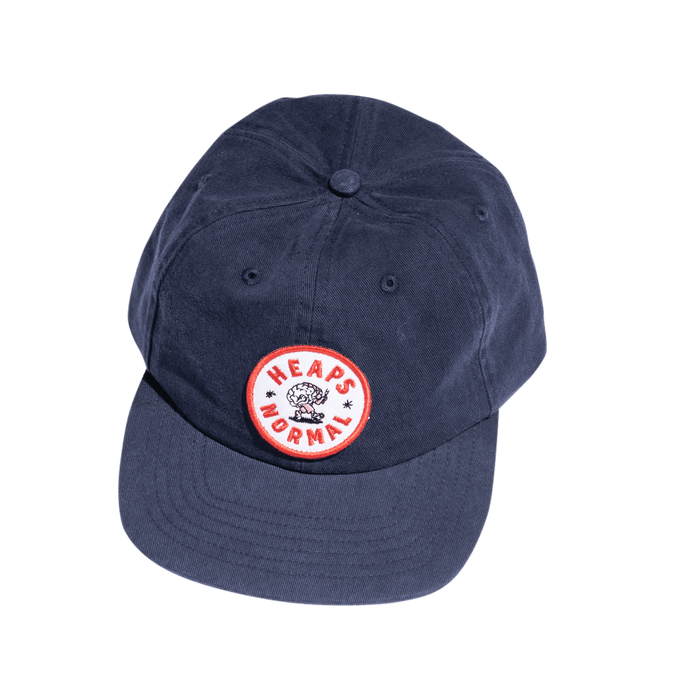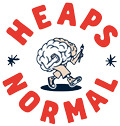When asked what advice he’d give to budding festival organisers, Jesse says, “Follow your passion and if it’s really what you want to do, don’t let anyone stop you. Multiple people tried in our early days, from parents to the local councils, but they all get on board pretty quickly if they realise you’re serious about it. If you build it, they will come — but, it’s a long game, success doesn’t come overnight. They say be prepared to give yourself at least 5 years for anything business related to work and I believe that. So, you have to be immersed in that passion to stick it out.”
In an age where music discovery is mostly done on social media and streaming platforms, there’s something refreshingly organic about looking at a music festival timetable, and picking to see early-day acts at random. Today’s festival opener is tomorrow’s headliner, and if you’re known as the music-loving friend who’s on top of what’s set to be hot next, those “I was there when…” moments are worth their weight in gold.
When asked who’s been the booking he’s most proud of from the time running Party In The Paddock, Jesse says, “It’s been a fun job, I’m not going to play that down; from doing a shoey from a giant (2 metre long) Blundstone with Grouplove in their dressing room, smoking a J with Lily Allen and absorbing all of her charming cockney brilliance, following The Darkness’s Justin Hawkins through the crowd with camera, while he was on his roadie shoulders guitar soloing, to recently having one of the most intelligently weird and wonderful conversations with AURORA whilst interviewing her this year at the festival.
“We’ve been blessed, but the ones that make me most proud and pull at the heart strings are seeing the up and coming local acts that I’m lucky enough to get behind close to their beginning — to watch them go on and tear up a big stage performance — I get emotional, tears are often shed behind my sunnies on the 2nd or 3rd day when I’m pretty sleep deprived, emotionally open/vulnerable and as proud as punch…”
